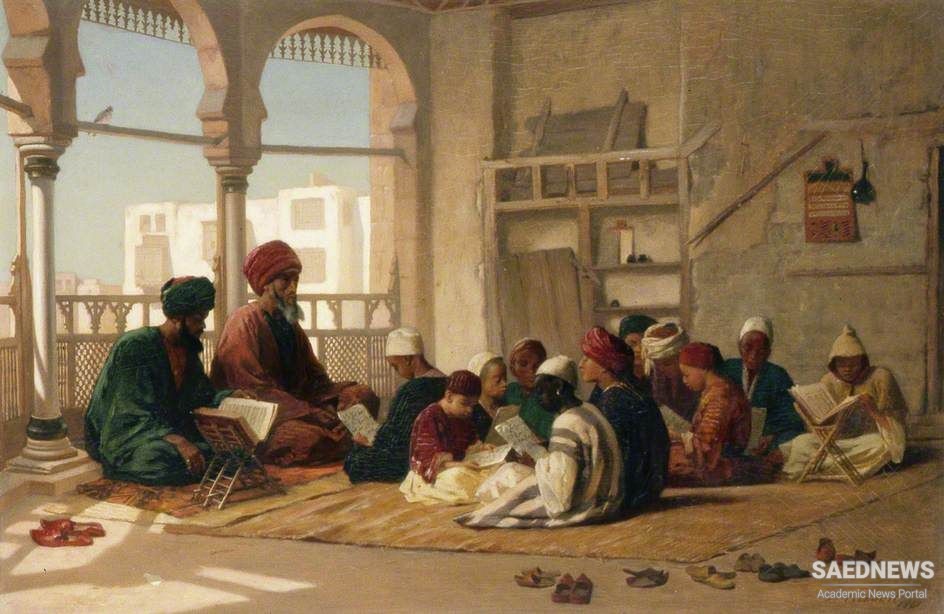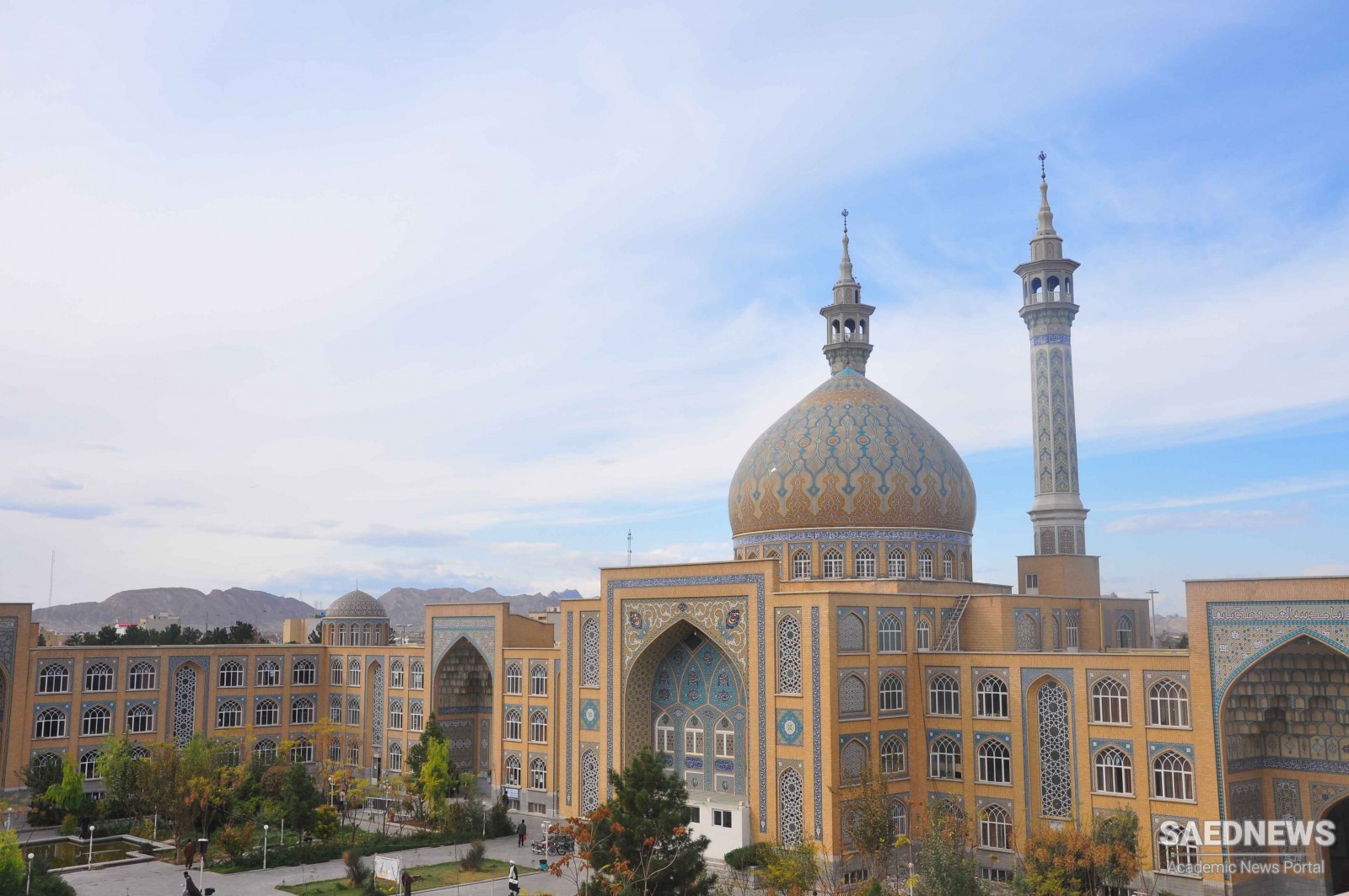Imam Khomeini, "Islamic Government: Guardianship of the Jurist": "Just as the Most Noble Messenger was entrusted with the implementation of divine ordinances and the establishment of the institutions of Islam, and just as God Almighty set him up over the Muslims as their leader and ruler, making obedience to him obligatory, so, too, the just fuqahā must be leaders and rulers, implementing divine ordinances and establishing the institutions of Islam. Since Islamic government is a government of law, those acquainted with the law, or more precisely, with religion i.e., the fuqahā must supervise its functioning. It is they who supervise all executive and administrative affairs of the country, together with all planning. The fuqahā are the trustees who implement the divine ordinances in levying taxes, guarding the frontiers, and executing the penal provisions of the law. They must not allow the laws of Islam to remain in abeyance, or their operation to be effected by either defect or excess. If a faqīh wishes to punish an adulterer, he must give him one hundred lashes in the presence of the people, in the exact manner that has been specified. He does not have the right to inflict one additional lash, to curse the offender, to slap him, or to imprison him for a single day. Similarly, when it comes to the levying of taxes, he must act in accordance with the criteria and the laws of Islam; he does not have the right to tax even a shāhi in excess of what the law provides. He must not let disorder enter the affairs of the public treasury or even so much as a shāhi be lost. If a faqīh acts in contradiction to the criteria of Islam (God forbid!), then he will automatically be dismissed from his post, since he will have forfeited his quality of trustee."



 Jurists the Trustees of the Prophets: Islamic Governance and Prophetic Mission
Jurists the Trustees of the Prophets: Islamic Governance and Prophetic Mission














































